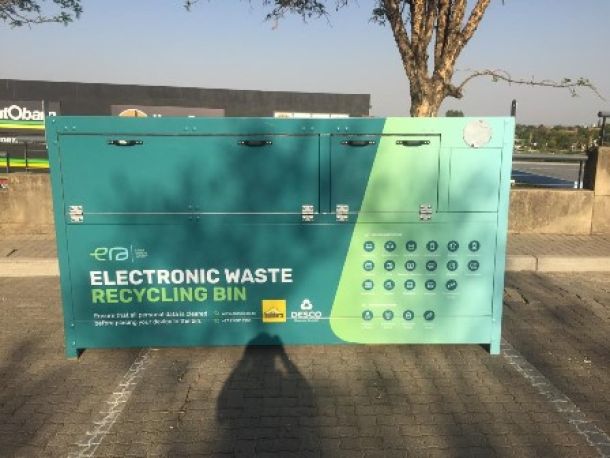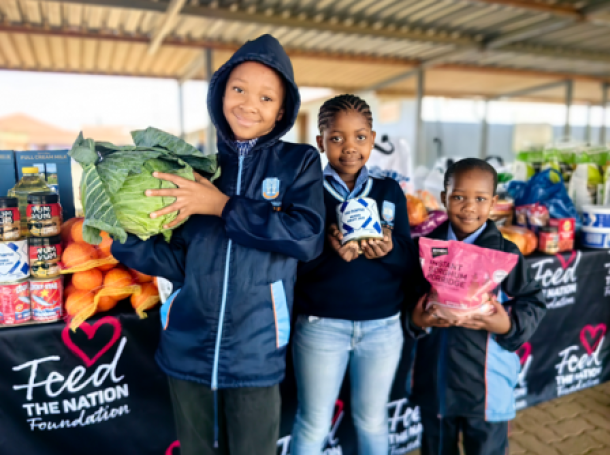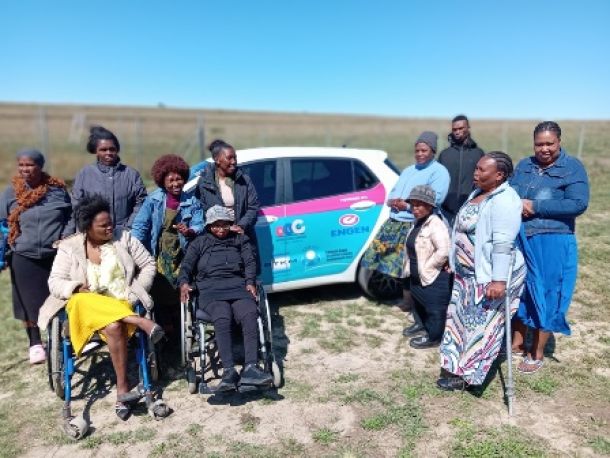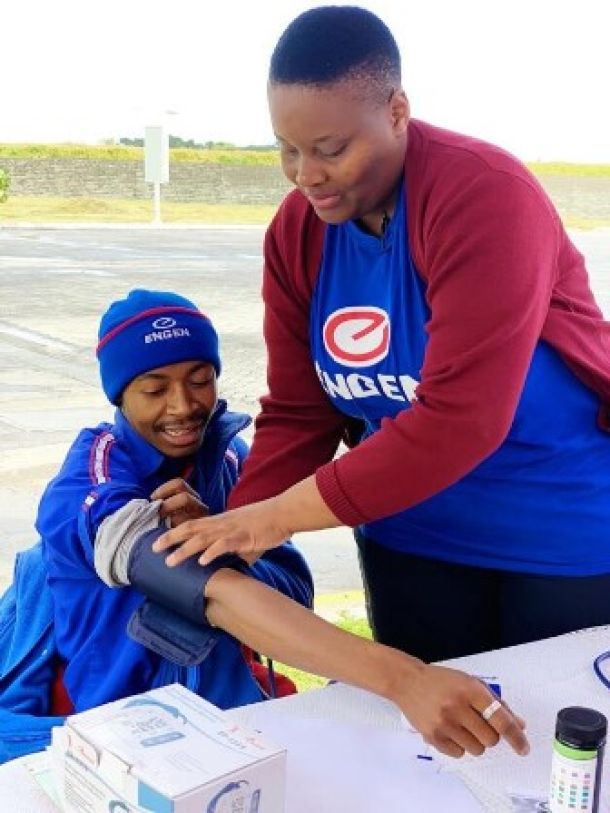Shoprite helps industrious co-op challenge perspectives on gardening
A motivated group of people from Alexandra in Gauteng has partnered with Shoprite on their journey to self-sustainability.
It took months of persuasion and years of dedication to turn a once destitute piece of land into a lush food garden. When the garden was first conceptualised in 2012, it was met with resistance from the Alexandra community who wanted houses built instead of the land being used to grow vegetables.
“Most people, when they see an empty plot, think of the need for housing.” - Nellie Khunou from the Matsuvu Cooperative
But all this changed when spinach, cabbage, onion, beetroot, carrots, kale and tomato sprung up from the earth, says the 59-year-old.
“The criticism soon faded when families - a total of 40 beneficiaries - were being fed from what we produced.” - Nellie Khunou
Hard times pushed the group of twelve co-op members to approach Food and Trees for Africa with their plans of building a self-sustaining food garden that would help supplement their pensions and disability grants.
In February 2018 Shoprite came on board and supplied the co-op with garden tools, compost, a water tank and seedlings. The members also receive training, which has helped them increase their output to half a tonne of vegetables per month. The partnership with Shoprite saw them doubling their produce in just six months.
“We sometimes give our vegetables to pensioners when they cannot afford to buy. We also sell our goods at social grant offices so that the elderly get a chance to buy their vegetables first.” - Nellie Khunou
Since Shoprite got involved, there has been a dramatic change in the garden.
“For example, the water tank supplied by them helps us preserve water when it's raining. The compost and the tools also boost the yield of our vegetables. We are able to work at a faster pace.” - Trevor Mluleke, Matsuvu Cooperative coordinator
The money the co-op makes from their efforts are reinvested into the garden. Members only keep a small portion of proceeds for themselves.
Trevor says that skills are successfully transferred when communities take ownership of their projects.
“I have seen many in the township believe they are unable to work the land, but this is not the case: I have been teaching gardening to the young and old for a long time.” - Trevor Mluleke
News Category
- International retailers
- On the move
- Awards and achievements
- Legislation
- Wine and liquor
- Africa
- Going green
- Supplier news
- Research tools
- Retailer trading results
- Supply chain
- Innovation and technology
- Economic factors
- Crime and security
- Store Openings
- Marketing and Promotions
- Social Responsibility
- Brand Press Office
Related Articles

International E-Waste Day: Massmart Expands SA’...

Pick n Pay leads the fight against hunger in So...

Engen provides young knights and princesses wit...

Engen and DEET empower people with disabilities...


